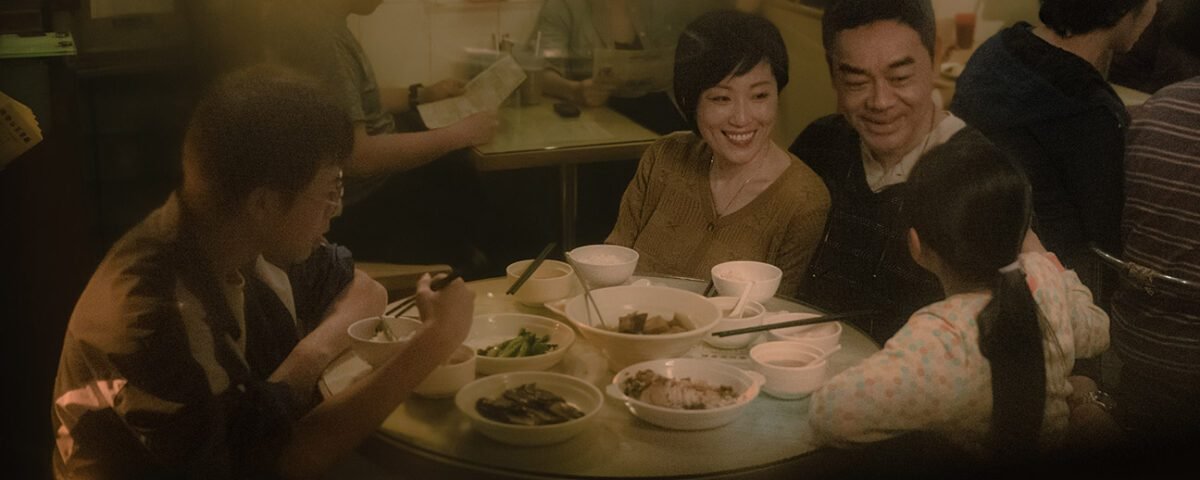


‘Wallace & Gromit: Vengeance Most Fowl’ Review: Aardman’s Beloved Duo Return With a Zippy, Gorgeously Animated Netflix Caper
October 31, 2024


‘Absolution’ Review: Liam Neeson Brings Soulful Regret to the Usual Take-No-Prisoners Dad Action
November 1, 2024Premiering at the Tokyo International Film Festival, writer-director Philip Yung’s latest feature centers on a father whose teenage son commits a gruesome act of violence.
Papa
Well-crafted and intriguing, if not always emotionally involving.
Hong Kong film critic turned director Philip Yung’s latest feature begins with a harrowing crime committed by an unlikely culprit: One night, without any prior warning or explanation, a troubled 15-year-old boy named Ming (Dylan So) picks up a meat cleaver in the kitchen and then proceeds to murder his mother and sister in cold blood.
Shifting back and forth between time periods, the film is less a thriller than a kaleidoscope of impressions. Guilt and regret swirl around in both the past and present, alleviated by occasional flickers of happiness. We’re constantly stuck inside Yuen’s head as he tries to make sense of a world gone wrong, and also to reconnect with a son who’s already been lost. It’s a nearly impossible emotional journey and although Papa never channels it powerfully enough, it remains an intriguing look at how a shattered family could possibly find redemption.
Since we know from the get-go what Ming will wind up doing, we watch attentively for signs of his odd behavior. The boy is extremely introverted and possibly on the spectrum. (There is talk of autism at one point, though it’s not necessarily referring to him.) He’s obsessed with animal rights and the state of the environment, which may explain why he confesses to the cops that he killed Yin and Grace to prevent overcrowding the planet.
But none of that really explains what made him take things so far. When Yuen visits his son in the psychiatric prison where he’s been sentenced for a decade, he keeps asking the question we’re all asking: Why? The fact that neither Ming nor the film provides a clear answer may be dramatically frustrating for certain viewers, but it also rings true. As Ludwig Wittgenstein famously wrote, “Whereof one cannot speak, thereof one must be silent.” There are some crimes that remain unspeakable.
Yuen doesn’t say much himself, either. He’s a taciturn guy and a rather stern father figure, but he’s far from an abusive parent. We see him encouraging his children in numerous flashbacks, whether he’s training Ming to work at the restaurant or allowing Grace to take a stray cat into their home. He seems to want the best for his kids, even if he doesn’t know how to communicate it to them.
This style somewhat dulls the dramatic impact of Papa, despite ample use of slow-motion, music and other techniques meant to try and heighten sensations. Yung is more of a cerebral filmmaker than an emotional one; what interests him is how Yuen manages to cope with what happened, not necessarily how he feels. Lau, who starred in Johnnie To’s Mad Detective, perfectly encapsulates a character who faces horrific challenges with utter stoicism, although you can sense that he’s burning inside.
Such a sentiment is evident from the very first scene, where we see Yuen setting up the restaurant for another day of business, taking chairs down and accepting food deliveries. Meanwhile, forensics officers are still investigating the murder up in his apartment, where there’s a massive blood stain on the living room floor. Papa asks us how it’s possible that these two worlds coexist, and whether a loving father can find a way to exist within them.





